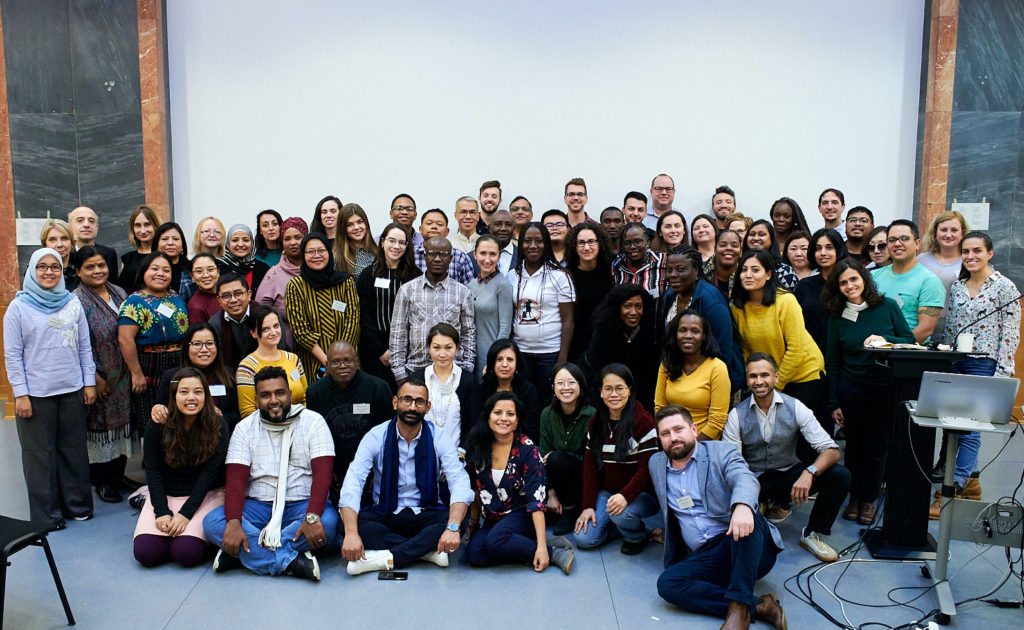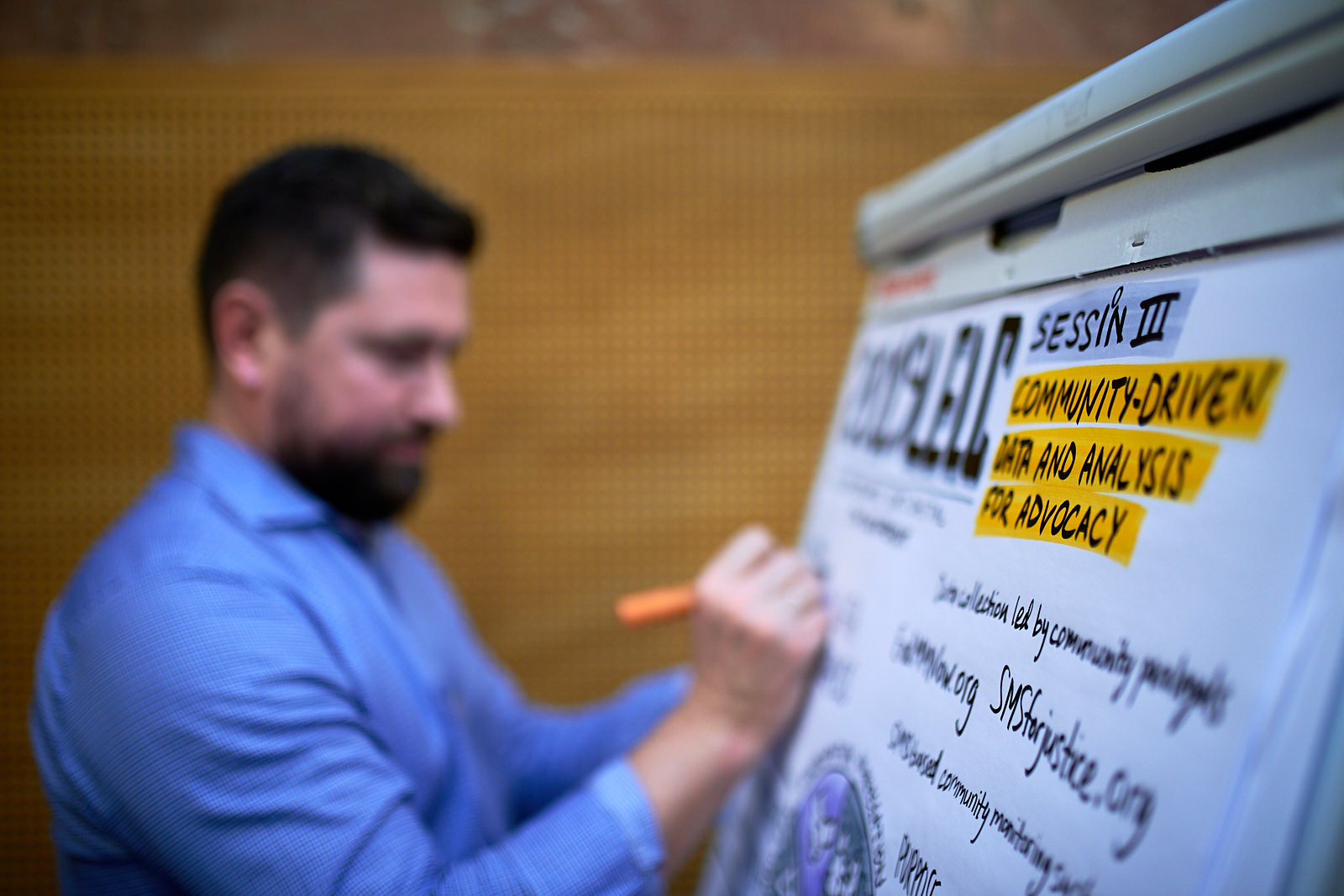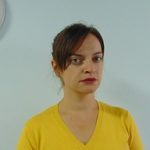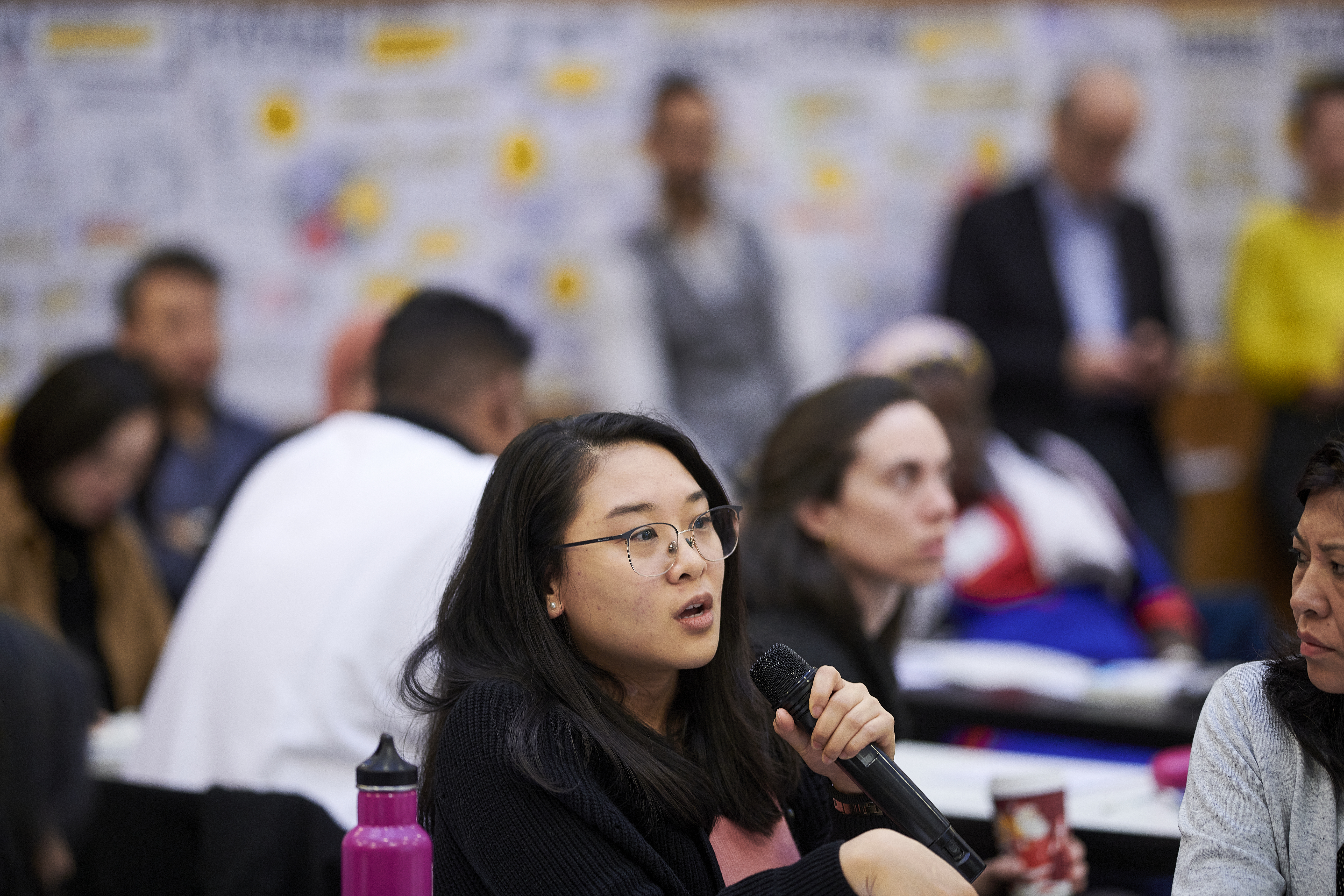6th Annual Legal Empowerment Leadership Course
(1st virtual edition)
April 30-May 17, 2021
Background
Around the world, more than five billion people are living outside the protection of the law and lack meaningful access to justice. They are unfairly driven from their land, denied essential services, excluded from society, and intimidated by violence.
Legal empowerment seeks to turn this tide. It is about enabling people to understand, use, and shape the law. From at least the 1950s, when community paralegals in South Africa began helping people to navigate and resist apartheid, legal empowerment has grown into a global movement. Today, grassroots legal advocates in the Philippines are helping farmers to take part in nationwide agrarian reforms. In Argentina, shantytown residents are pursuing legal remedies to bring clean water and other essential services to their communities.
The movement for legal empowerment is thriving on every continent in the world. But too often, we work alone, without benefit of the advice or feedback of others doing groundbreaking work. Let’s do something about that.
From April 30 to May 17, 2021, we will bring together 70 inspiring grassroots justice advocates for the sixth Legal Empowerment Leadership Course (LELC). The aim of the course is to cultivate a global cadre of leaders who are committed to legal empowerment, and who share a common understanding of the field, including history, methodology, and evidence. The course is a unique opportunity to take stock of our collective knowledge and build upon it to strengthen a global movement for justice.
From 2015 to 2019, this course was held annually at Budapest’s Central European University, in partnership with the university’s School of Public Policy (SPP). This year, due to the COVID-19 pandemic, the course will be held online for the first time.
A faculty of respected practitioners and academics will lead course participants in an in-depth exploration of key themes, including the conceptual framework of legal empowerment, community organizing and social movements, community-driven data collection and analysis for advocacy, and protection of grassroots justice defenders.
The course includes practical skills sessions on topics like community legal education pedagogy, innovative financing, providing legal services remotely, and using power mapping and case data for advocacy. Participants will also have an opportunity to distill research questions to advance the evidence base behind legal empowerment.
Here is Haya Zahid of the Legal Aid Society in Pakistan describing the impact of the course in her own words.
The course emphasizes peer learning. The participants themselves are the best part of the course. Everyone will come with challenges or live questions they are grappling with and, with the help of the group, will leave with action plans to advance their work.
Read this interview with Tom Weerachat where he described how he benefited from the peer learning approach of the course.
The course is a collaboration among Namati, the Open Society Justice Initiative, and the Robert and Helen Bernstein Institute for Human Rights at New York University School of Law.
Note that this year’s course will only be available to select, targeted groups of members involved in existing projects while we pilot our very first online course. We look forward to expanding our online course offerings in the future following this pilot course.
Course structure
The course is structured to nurture and deepen participants’ knowledge of legal empowerment, offering a space of reflection to strengthen their methodology and impact. Participants identify a concrete challenge, growth opportunity or research question before the course, and then develop an action plan during the course with the help of co-participants and faculty. The course is organized as follows:
-
- Preparatory work. Participants review selected readings in advance of the course. They also prepare and submit one of the following: a) a problem statement, describing a challenge area or inquiry facing them in their work, or b) a proposal for research or action that they wish to workshop throughout the course and beyond.
- Participation in online sessions. The course requires participation in online sessions over twelve days, from April 30th through May 17th. Most sessions will be for two hours, from 12:00-2:00 pm GMT (8:00-10:00 am New York; 9:00-11:00 am Buenos Aires; 2:00-4:00 pm Kyiv; 3:00-5:00 pm Nairobi; 5:30-7:30 pm New Delhi; 8:00-10:00 pm Manila). Participants may meet in small working groups outside this regular time slot.
- Participatory curriculum. The course relies on extensive participation from participants and combines four types of sessions: cross-cutting sessions, thematic sessions, skills-building modules and small working group discussions.
Cross-cutting sessions
Cross-cutting sessions address foundational challenges and questions faced by the legal empowerment community.
-
- Introduction to legal empowerment. This introductory session explores what we mean by legal empowerment. It addresses basic concepts, history, and philosophy. The session offers a vocabulary and a set of questions that are referenced throughout the course.
- Legal empowerment, organizing and social movements. This session explores how legal empowerment groups combine strategic litigation and legal services with community organizing, and how paralegals and legal empowerment practitioners constitute an essential part of social movements.
- Community-driven data collection and analysis for advocacy. This session examines how grassroots advocates, lawyers, and activists have designed community-led data collection projects to define and generate data that reflects their realities, and how this data is essential to human rights advocacy.
- Protection of grassroots justice defenders. This session tackles the issue of growing threats to grassroots justice defenders worldwide and presents some models of community protection initiatives.
Thematic Sessions
The course features sessions that focus on the role of legal empowerment in addressing specific justice issues.
-
- Legal Empowerment, Land Rights and Environmental Justice. This session focuses on legal empowerment programs that work with communities for the defense of land rights and the pursuit of environmental justice advocacy.
- Legal Empowerment and Gender Justice. The session explains how women-led organizations comprised of grassroots advocates, lawyers, and activists have adopted legal empowerment strategies to advance women’s rights and gender equality advocacy.
Skills-building sessions
Modules include community legal education pedagogy, innovative financing, providing legal services remotely, and using power mapping and case data for advocacy.
Small working group discussions
Participants come together in small groups to apply the lessons from the sessions to their individual challenge or research question. Experts and instructors are available during this time for consultation and support in developing their action plan.
Post-course
After the course, each participant submits their final reflections on their problem statement, or a revised version of their proposal. In either case, candidates should detail a course of action for acting on, or exploring further, what has been learned over the last few days. Faculty and experts will provide follow-up support. All participants also become members of the Legal Empowerment Network in advance of the course and remain in contact through our online community discussion forum. There, you can pose questions and support others with their action plans to ensure that our cohort of learners remain engaged in future efforts to strengthen their work.

You can read a summary of the 2019 Leadership Course on our online forum.



